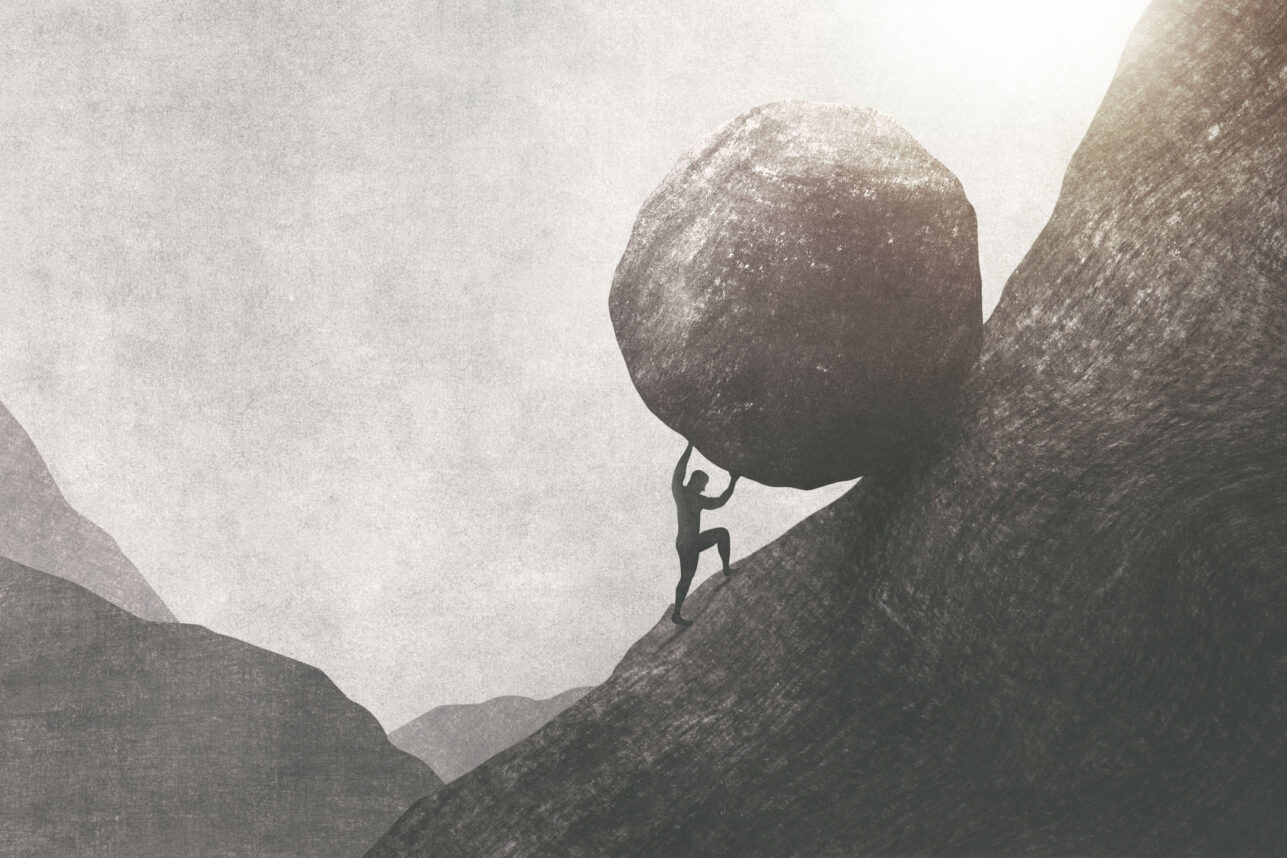
Our society preaches that youth is something to be glorified. Just look at the advertisements we are flooded with. Ever see a middle-aged person in any? Unless it’s an ad for an anti-aging cream?
From the best-selling memoir “Tuesdays With Morrie” by Mitch Albom:
“All this emphasis on youth — I don’t buy it. … Listen, I know what a misery being young can be. So don’t tell me it’s so great. All these kids who came to me with their struggles, their strife, their feelings of inadequacy, their sense that life was miserable, so bad they wanted to kill themselves. … And in addition to all the miseries, the young are not wise. They have very little understanding about life. Who wants to live every day when you don’t know what’s going on?
“Mitch, I embrace aging. … As you grow, you learn more. If you stayed at 22, you’d always be as ignorant as you were at 22. Aging is not just decay, you know. It’s growth. It’s more than the negative that you’re going to die, it’s also the positive that you understand you’re going to die, and that you live a better life because of it.”
The Torah tells us to appreciate and respect elders: “You should rise before the elderly and honor the aged.”
The Hebrew word for elderly is zaken, an acronym for zeh shekaneh chachma — a person who has acquired wisdom. The Talmud states that the respect we owe the aged applies to Torah scholars and non-Torah scholars, Jews and non-Jews.
As physical forces abate, that which is distinctively human about us, our soul, becomes the influential drive in our lives.
What is the rationale for this respect?
In 1998, we gave great glory to then-77-year-old John Glenn, who in 1962 became the first American to orbit Earth, for repeating his flight into space; he was a member of the space shuttle Discovery’s crew. We all marveled then at the former senator from Ohio’s physical condition and bestowed upon him Western society’s highest accolade: His body still functioned like a much younger man’s.
The Torah has the exact opposite vision when it comes to respect for elders.
The Maharal explains that the respect we pay to age is specifically because the physical forces are no longer what they once were.
In youth, the body’s physicality tends to control a person. We are prey to hedonistic urges and impulses. As those physical forces abate, that which is distinctively human about us, our soul, becomes the influential drive in our lives.
Our divinely given intelligence gains control over our base instincts.
This is the wisdom we attain in old age, and why the Torah commands us to rise in respect for the elderly.
The Chasidic Rebbe of Ger made it a practice to regularly visit older people, even those who were not known for their great sage insight or devoutness. Like many people, he would often go to nursing homes.
But above and beyond the kindness involved, he had an additional intention when doing so:
“They barely have bodies left,” he said. “Their physical yearnings have long been abandoned. When I look at them, I see pure souls. And there is nothing more inspiring than spending time with pure souls!”
To appreciate the aging process, one has to live more wisely while still young.
Again, from “Tuesdays With Morrie”:
“People who are always saying, ‘I wish I were young again’ reflect unsatisfied lives. Unfulfilled lives. Lives that haven’t found any meaning. Because if you’ve found meaning in your life, you don’t want to go back. You want to go forward. You want to see more, do more.”
As the Talmud states, “For hedonistic people, the more they age, the more their minds wane. But for Torah scholars, the more they age, the more their minds become sharpened.
“Watch your thoughts. Thoughts become words, words become actions, actions become habits, and habits become who you are.”
If we don’t create good habits when we are young, if we don’t train ourselves to value wisdom when we are youthful and vigorous, if we live unsatisfied, unfulfilled lives, we significantly reduce our chances to make the most of wisdom during
old age.
By living meaningfully and wisely now, we will enhance and sharpen our life’s purpose as senior citizens.
Rabbi Boruch Leff writes at aish.com.





















 More news and opinions than at a Shabbat dinner, right in your inbox.
More news and opinions than at a Shabbat dinner, right in your inbox.